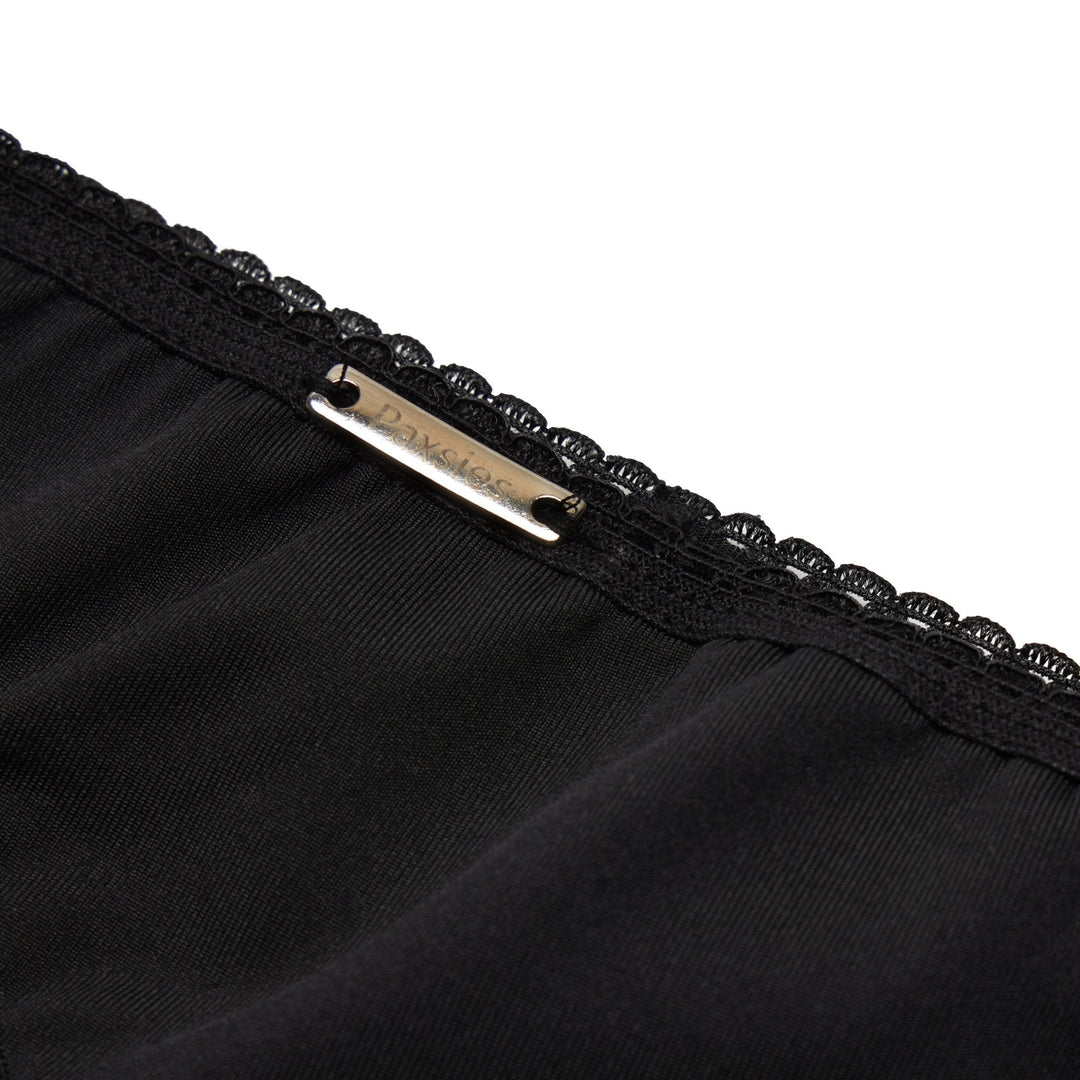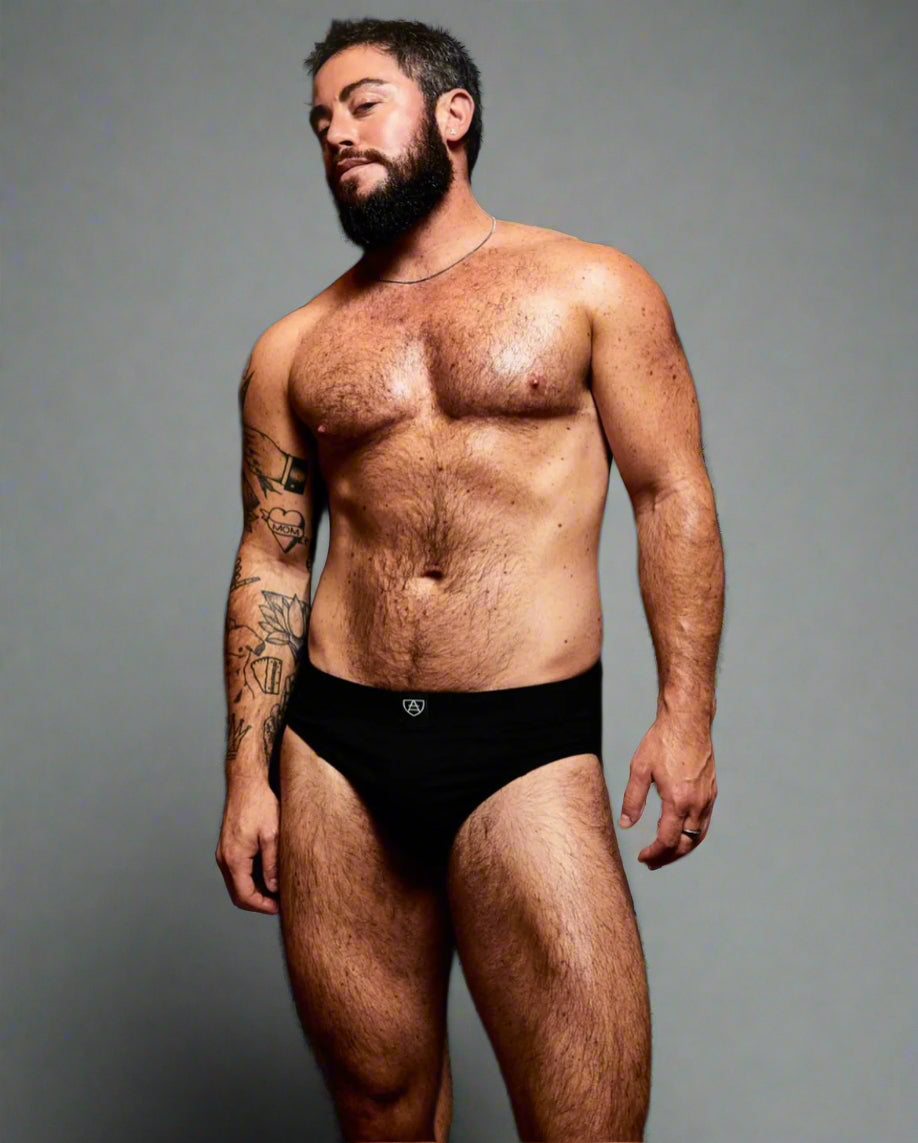How To Support Your Queer Kids | Part 2: Challenges
Last time we looked at some of the basic things to think about when your kid comes out to you, to make sure you’re supporting them to the best of your ability as a guardian. In this post, we’ll talk about some of the more challenging aspects of supporting your queer kids you might struggle with, and why it’s all the more important that you do these things.
How to Get Used to Your Child’s New Name or Pronouns
If your child is transgender, they may have decided to use a new name and pronouns that they feel fit them better. They may have decided this without you, and it’s possible you will be uncomfortable or confused about their choice at first. That’s understandable, but it’s important you don’t make this your child’s problem. Refusing to use their name or pronouns, or even ‘accidentally’ messing it up a lot can be incredibly harmful to your child and really damage their trust in you, so it’s important you get it right.
Here are a few tips to help you get over any discomfort and become familiar with their new name and pronouns, so that you accidentally hurt them by making a mistake.
- Talk to your child about how and why they chose their new name. Understanding why this name is important to them can help you appreciate their choice
- Practice writing out sentences about your child using their correct name and pronouns
- Practice by yourself talking out loud about your child using their correct name and pronouns
- Practice correcting someone in the moment if they make a mistake about it
- Remember that people change names all the time—when they get married for example. It’s not that unusual and you’ve been able to adapt all of those other times.
Challenges with Medical Transitioning
When your child comes out as transgender to you, you might feel overwhelmed by everything that might involve. Remember that not every trans person transitions in the same way, or at the same pace, and your child may not know exactly what they want yet.
If your transgender child shows interest in medical transition, you can research the options together, which will vary depending on your child’s age and what stage of puberty they’re at. The idea of your child undergoing medical procedures may be scary, but by taking the time to understand how these processes work and how much they can help your child be happy and healthy, you can deal with your anxieties.
Guides such as these articles about Top Surgery (to remove breast tissue), Hormone Replacement Therapy, and the Male to Female Transition Timeline can give you an overview of some of these processes, but it’s best to get detailed information from trusted medical sources. Depending on your child’s age, they may need to go on puberty blockers, which are reversible and will allow them time to consider if medical transitioning is what they really want.
The process of receiving treatment to medically transition will vary hugely by your country and area, but you can reach out to local transgender charities for advice on the best way to do this. It may be a long process, and depending on how old your child is you may need to do a lot of the work organising it yourself. It may also be expensive, but if you are able to afford it this is something that could have a hugely positive impact on your child’s life, and this practical support is one of the most important ways you can help your transgender child.
Supporting Your Queer / Transgender Child With School
If your child is going to transition socially (whether or not they also transition medically) you may need to meet with their schoolteachers to arrange things such as:
- Making sure your child can use the bathroom they are most comfortable with
- Is everyone who needs to be aware of the correct name and pronouns to use?
- If the school has gendered uniforms, is your child able to wear the one they are most comfortable in?
- What anti-bullying strategies are in place for if they do encounter any issues?
When your child comes out as transgender, gay, bisexual, pansexual, agender, or any other queer identity, sadly there is always the possibility of bullying from both students and teachers at school. Acceptance of queerness is improving among many people, but bullying is a real issue still faced by many queer young people. Making sure your child knows they can tell you about anything and you will support them in making sure the school deals with it appropriately.
Remember: bullying won’t stop your child being queer. It will only ensure that they’re queer and miserable.
Protecting Your Queer Child From Bigotry and Abuse
It needs to be your child’s choice if and when they come out to other people, such as extended family. Whatever their choice, you need to respect and support that. Outing someone without their consent can be incredibly dangerous, and clearly communicates that you don’t respect them or their privacy. It’s a huge breach of trust that can be difficult to ever heal.
However, if your child does want to come out to other people, you should work with them to do that in the best and safest way, especially if you know it won’t be well accepted or you are unsure of how it will be received. This is going to depend a lot on the individual situation, so use your best judgement. Avoiding doing so at events where people are likely to be drinking alcohol is usually a good idea if you’re in any doubt.
If other people respond poorly to your child coming out, or make transphobic or homophobic comments, you need to be ready to challenge it in the moment. It may be uncomfortable for you to do so, especially if they are a family member, but as an adult you are the one with more power in the situation than your child and it is your duty to look after them. If someone was being cruel to your child in any other way, you would understand why you need to put a stop to it, and there is no excuse for tolerating bigotry towards your child. Your queer kid depends on you to keep them safe and this means protecting them from bigotry and not forcing them into contact with people they feel uncomfortable and unsafe around.
Why are these things important to supporting my queer child?
The challenging parts of supporting your queer child are some of the most important precisely because they can be challenging. By making an effort to understand what’s important to your child and protect and support them, even when it is uncomfortable, inconvenient, or challenging to you, you’re showing more than just lip-service to your duty as a good guardian. Your child will notice if you fail to actually support them with the stuff that matters, but they’ll also notice and appreciate when you do. By supporting your queer child, you’ll be making sure they’re happy, healthy, and creating a strong bond of trust.
Now the hard stuff is covered, next week we’ll be looking at the fun parts of incorporating your child’s queer identity into family life!










